From animals to oceans, ecologists and economists are increasingly working together to put a value on nature to help us understand its worth. This will be be central to discussions at the World Economic Forum in Davos this week as proposals to better protect the Amazon focus on transitions to a sustainable bioeconomy – using private sector investment to combine nature conservation with job creation, business opportunities and social engagement.
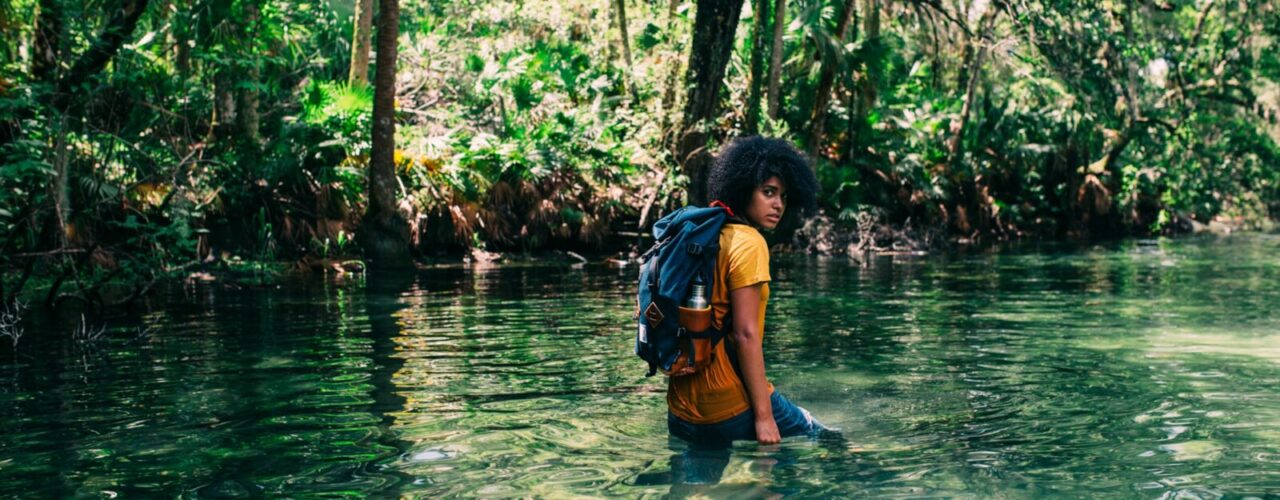
So what?
More than half of global GDP depends on biodiversity or “natural capital” and the link between healthy ecosystems and human wellbeing is increasingly recognised. Although attributing financial value to nature can be controversial, it will help move biodiversity up the global agenda as it is increasingly used to guide decision making and government policy, and drive private sector funding.
Sources
-
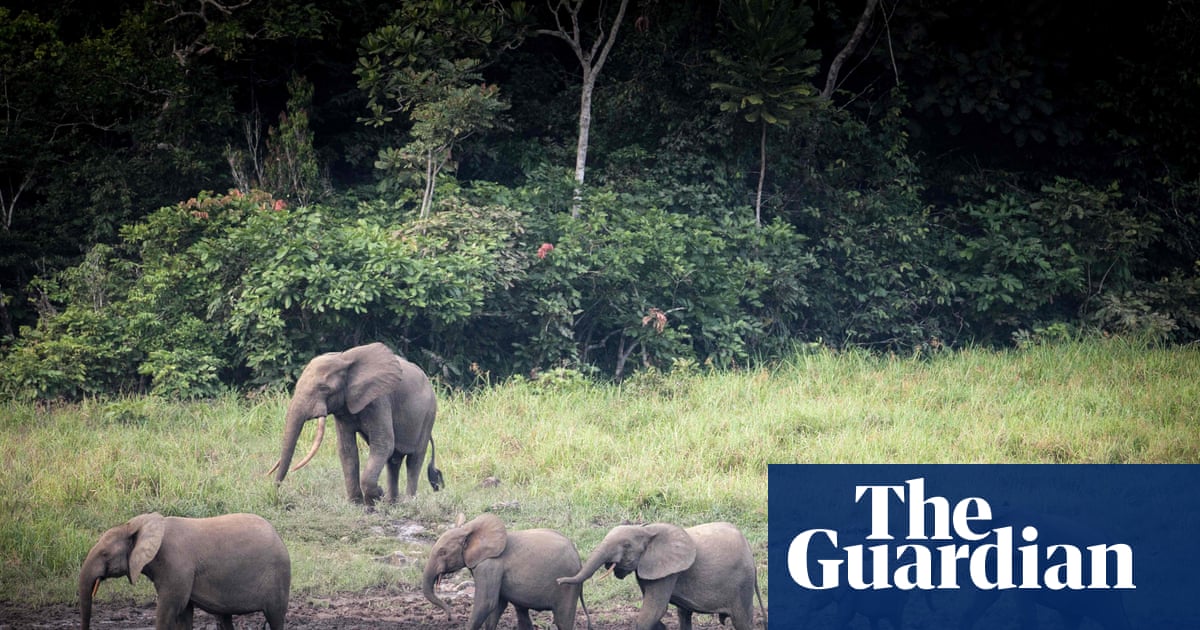 How much is an elephant worth? Meet the ecologists doing the sums http://www.theguardian.com/environment/2021/jan/28/how-much-is-an-elephant-worth-meet-the-ecologists-doing-the-sums-aoe
How much is an elephant worth? Meet the ecologists doing the sums http://www.theguardian.com/environment/2021/jan/28/how-much-is-an-elephant-worth-meet-the-ecologists-doing-the-sums-aoe -
 Financing the Amazon’s Transition to a Sustainable Bioeconomy https://www.weforum.org/events/the-davos-agenda-2021/sessions/financing-the-amazon-s-transition-to-a-sustainable-bioeconomy/
Financing the Amazon’s Transition to a Sustainable Bioeconomy https://www.weforum.org/events/the-davos-agenda-2021/sessions/financing-the-amazon-s-transition-to-a-sustainable-bioeconomy/


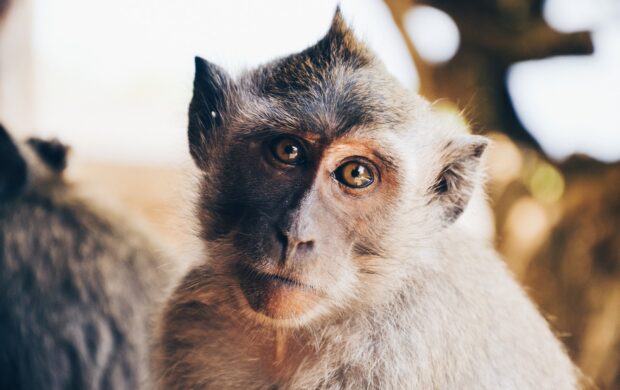

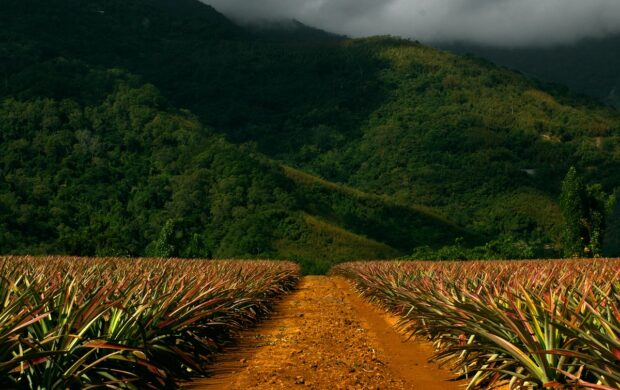

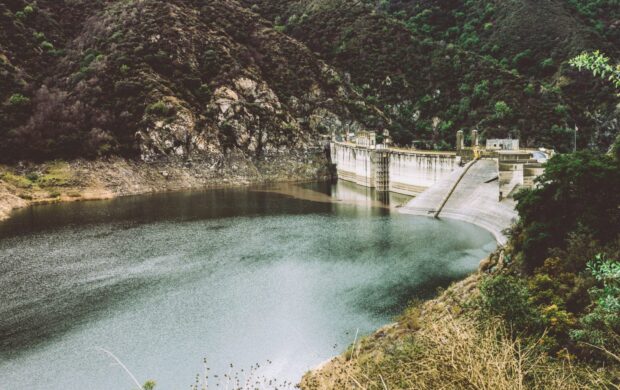
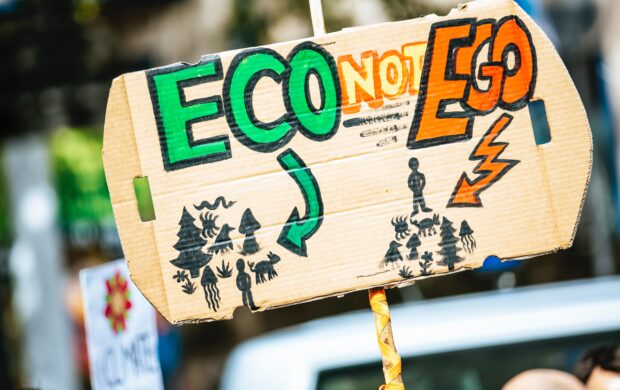
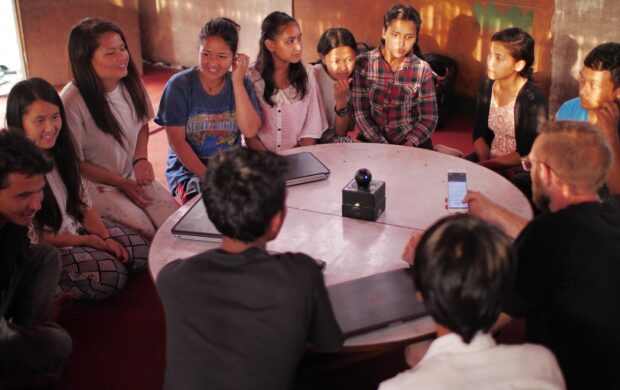
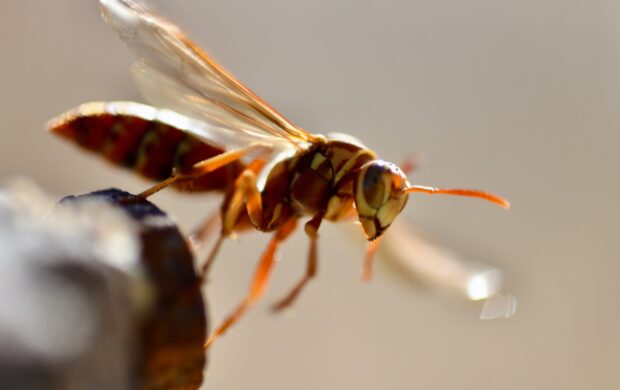

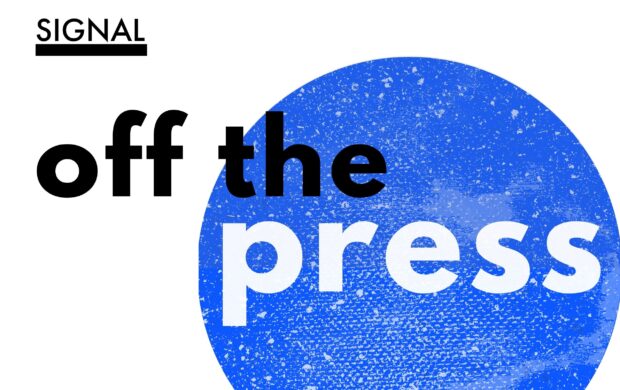

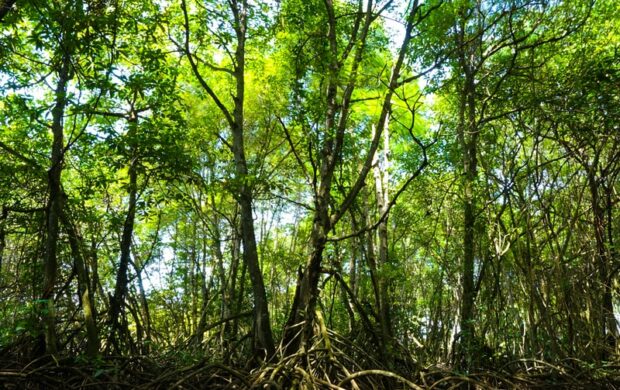


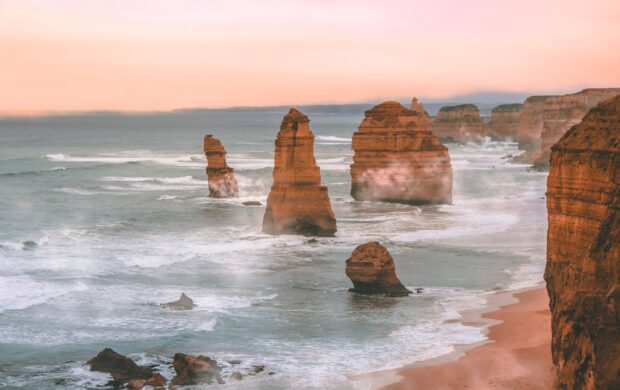

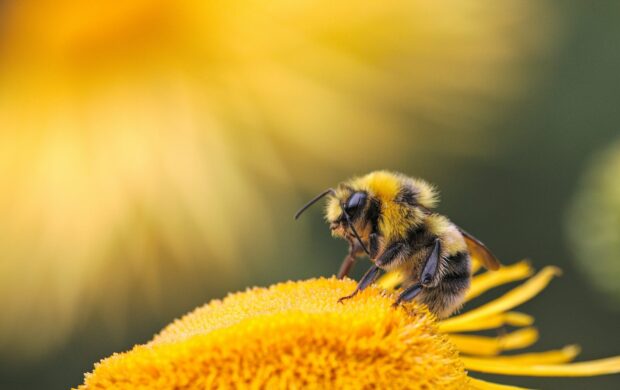

Join discussion